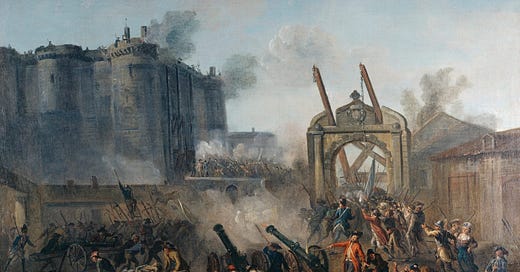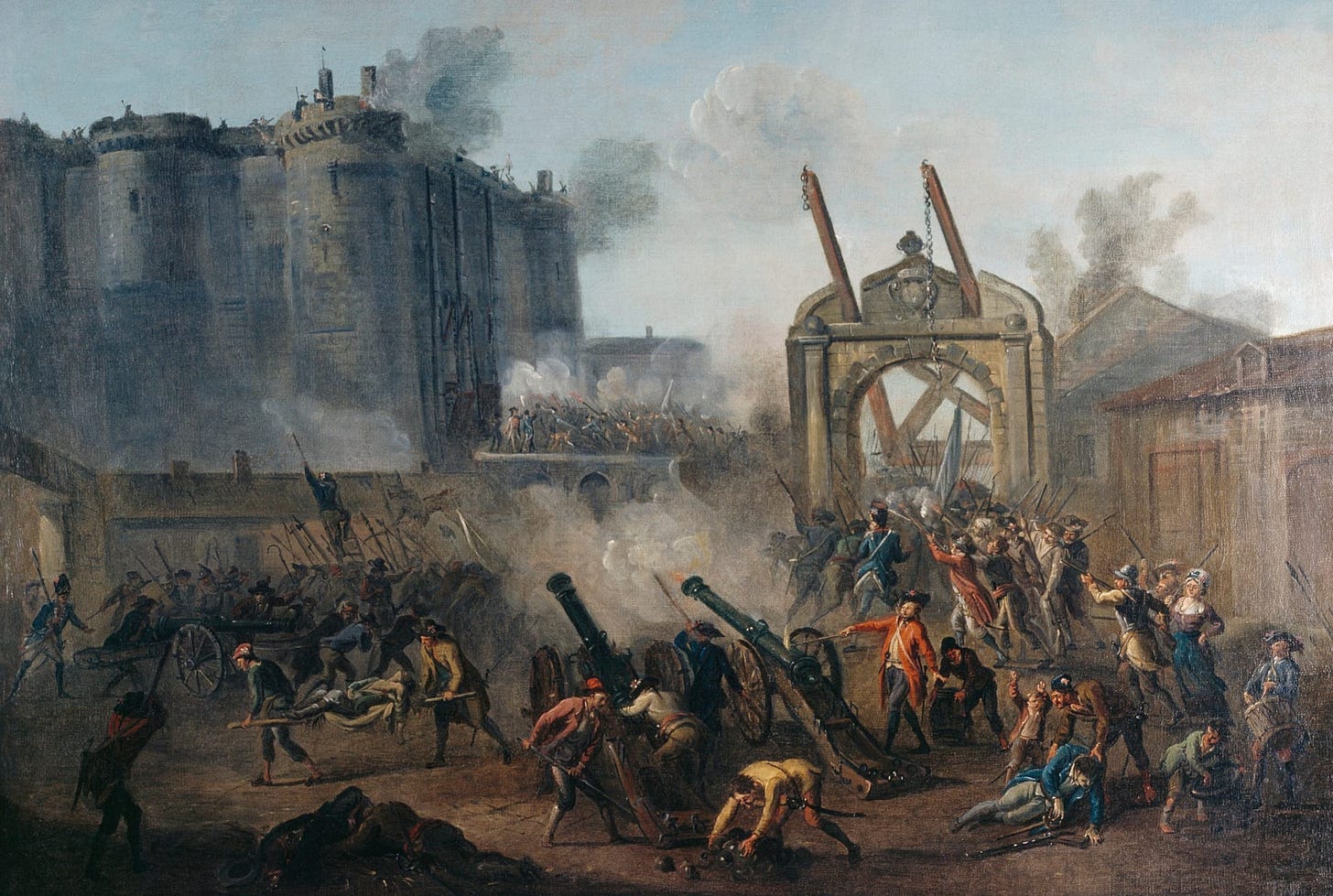Jean-Jacques Rousseau was a French philosopher and political thinker most known for his writings on liberty, and finding a government that allows the people this liberty.
In his second discourse, the Discourse on Inequality, which he wrote for an essay competition in 1754, Rousseau discusses the root of inequality. He separates man into two points, natural man and modern man. Rousseau’s natural man is, in an inversion of Hobbes's natural state of man, defined as being good, good in this instance referring to the negation of evil. Rousseau’s modern man is pointed out as being rife with inequality. Two points that Rousseau highlights as bringing about inequality are property and law, he goes on in the essay to explain the distinction between natural man and modern man, where natural man refers to a more individual, animal-like, version of man that one might think of when looking back thousands of years in our pre-history before tools like language and modern knowledge were in our repertoire. Rousseau’s modern man refers to man after he has formed a community, and developed concepts like ownership and property, leading to inequality as a man who owns more than another versus the man who owns less is not equal. He goes on to describe this inequality in our modern conception of the state. Rousseau’s writing here on the conflict between the rich and the poor, and property bringing about inequality would later be echoed by Karl Marx.
The Social Contract, which was considered to be Rousseau’s most prominent work and the one you are likely to be familiar with on some level, written in 1762, eight years after the discourse on inequality, discusses Rousseau’s concept of a social contract and how that a proper social contract would lead to a more preferable form of government that was rife with inequality and tyranny. The social contract opens with this famous statement, “Man is born free, and everywhere he is in chains,” (pg. 1). This quote encapsulates Rousseau’s feelings on modern society, ‘Man being born free’ refers to their individuality and agency and the chains, this form of wording being used a few times in the discourse on inequality, refers to the restrictive nature of the state and how they restrict this freedom. This solution to this problem lies in what Rousseau refers to as the general will (pg. 7), which is the will of the people, “the directing of the state in the light of the object for which it was instituted, i.e. the common good, must be done by the general will.” Rousseau also refers to the need for this society to have a constitution,
The importance of Rousseau in political philosophy cannot be stressed enough, in the context of our founding fathers just looking at the ideas put forth and comparing them to their writings and there is sure to be some influence to be found. Of course, the connection to the French Revolution is not to be ignored, with the Jacobins being influenced by him and Robespierre also citing him.




